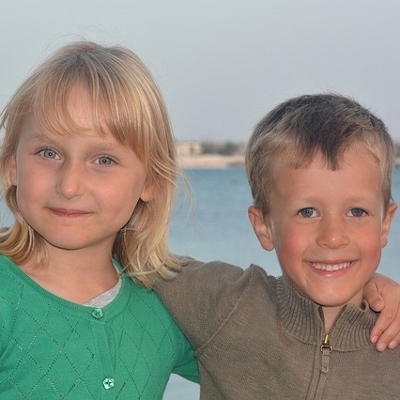 There is an increasing movement to teach social skills in elementary school. Teachers have been crying out to anyone who would listen that children coming through the public school system are lacking in the basics of social decorum. Issues like hygiene, manners, and courtesy are becoming rarer with each passing school year.
There is an increasing movement to teach social skills in elementary school. Teachers have been crying out to anyone who would listen that children coming through the public school system are lacking in the basics of social decorum. Issues like hygiene, manners, and courtesy are becoming rarer with each passing school year.
While I applaud the efforts of teachers to get ahead of this issue, I call upon the parents to be aware of the importance of teaching these social skills in the home. I remember how scared I was when our first son was an infant and I realized that I had no idea how to teach a child to talk. I was petrified because I didn’t know how to go about teaching him to put words together. It turned out that talking just sort of happens without any particular direct effort to teach it. Learning social skills does not work that same way.
Social skills must be deliberately modeled and taught. Children are inherently selfish. The default setting for humans is to be all about me, me, me. Being polite, taking turns, and sharing are foreign concepts that must be deliberately and repeatedly introduced.
Appropriate words to use and appropriate touching are also big issues that do not exactly come naturally. Kids call ‘em like they see ‘em, which can be a good thing sometimes but when they are introduced to a new setting, like elementary school, it can also cause some serious problems. “Ugly,†“stupid,†and other such words may not even seem like insults when your child utters them because they are simply expressing the world as they see it. But to the child on the receiving end of the commentary these words can hurt deeply.
There are three steps to preparing your child with the proper social skills for elementary school and beyond.
Teach
Take advantage of teaching moments. When someone displays excellent social skills, be sure to commend them. When someone displays inappropriate behavior, use that opportunity to express to your child what should have happened instead. Pointing out the right and the wrong of social interactions will make your child more aware of it and begin the process of instilling good social skills.
Show
Model the behavior you want to see in your child. Are you the type to hurl insults at other drivers on the way to school? Do you remember to say “please†and “thank you� Do you freely compliment your spouse in front of the children? Kids learn much more from what we do than from what we say.
Practice
Give your child a chance to practice his or her social skills in a pressure-free environment. Set up games or activities that will challenge your child to respond to various stimuli with proper graces. Games that require cooperation among peers are excellent for developing social skills.
In the coming weeks we will delve a little deeper into some of the social skills that elementary-aged children need to learn and ways that we can encourage their development.










